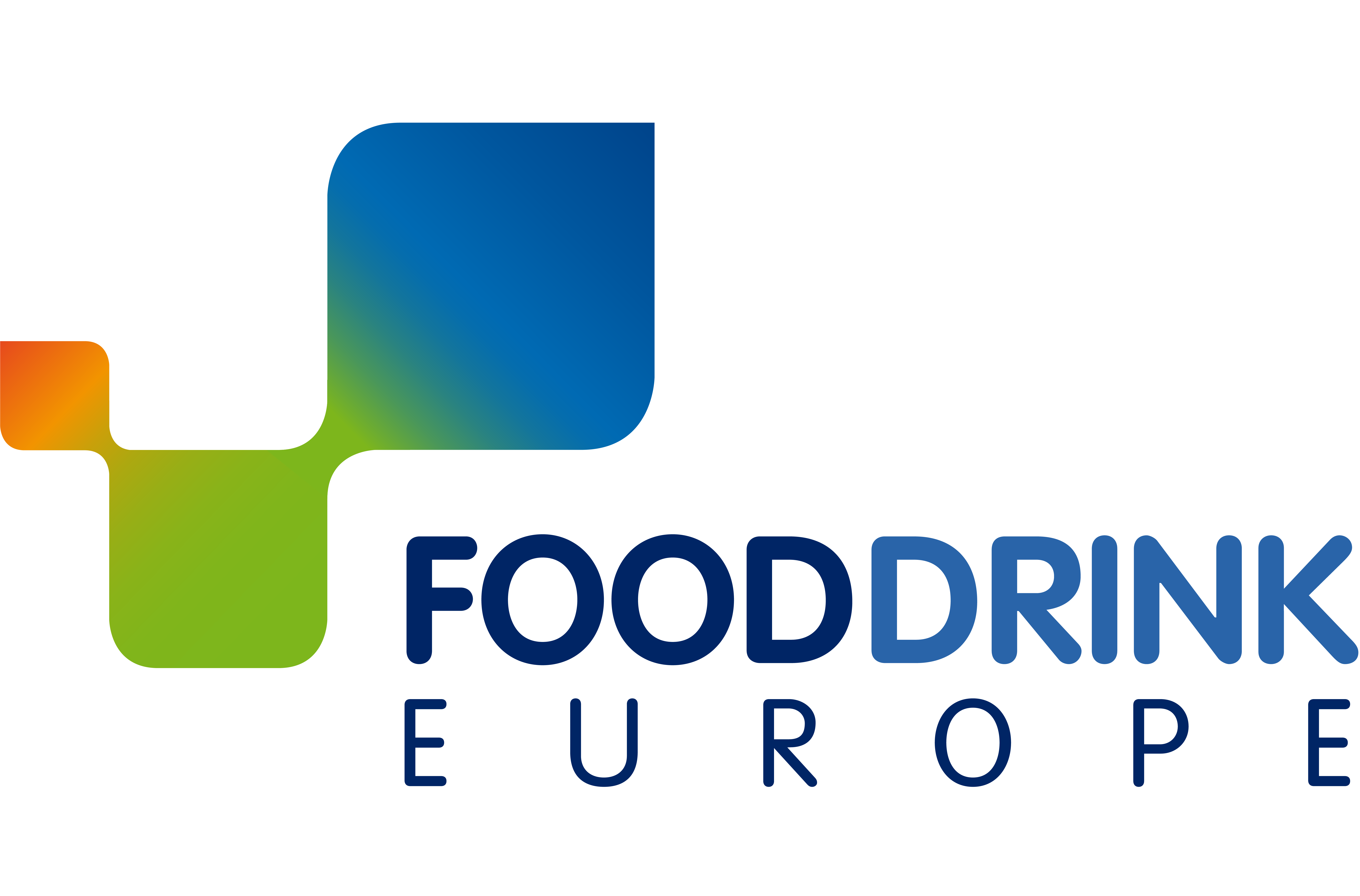2020 - The 'perfect storm' for Europe's SMEs?
18-11-2020

WATCH THE RECORDING HERE
Small and medium-sized enterprises (SMEs) are the backbone of Europe's economy. They represent over 90% of all businesses in the EU. They employ around 100 million people, account for more than half of Europe’s GDP and play a key role in adding value in every sector of the economy. SMEs bring innovative solutions to challenges like climate change, resource efficiency and social cohesion, and help spread this innovation throughout Europe.
SMEs have been at the front line of the economic shock caused by the COVID-19 pandemic. In early surveys, over 50% of SMEs indicated that they could be out of business within the next few months. Since then, many have gone bankrupt. And Brexit will provide more uncertainty for business, regardless of whether there is a deal or not. With many SMEs in its ecosystem, 'food and drink' is a sector especially hard hit by the crisis. The sector's SMEs are looking at how EU policies, such as the Farm to Fork Strategy, can help them.
SMEs have generally less resilience and flexibility than larger companies in dealing with the costs these shocks entail. Costs for prevention as well as changes in work processes, such as the shift to teleworking, may be relatively higher for SMEs given their smaller size, but also, in other instances, the low level of digitalisation and difficulties in accessing and adopting technologies.
The European Commission has made liquidity measures available to support SMEs. It also responded to the COVID-crisis with the new SME Strategy for a sustainable and digital Europe. The SME Strategy aims to considerably increase the number of SMEs engaging in sustainable business practices as well as those employing digital technologies.
Join this EURACTIV Virtual Conference, co-inciding with SME Week, to discuss the importance of SMEs in Europe and how they can survive and thrive in 2021. Questions to be discussed include:
-What more can be done to support SMEs in the short-term to prevent liquidity problems?
-How well are SMEs in the food and drink sector weathering the storm?
-Is there a successful formula for the survival of SMEs?
-What will the recovery look like for SMEs compared to larger companies?
-Does the demise of some SMEs present an opportunity for new innovative companies to enter the marketplace?
Supported by:
Location
Online
Panellists
Birgit Weidel, Head of Unit, SME Strategy, DG GROW, European Commission
Ivan Štefanec, MEP and President of SME Europe
Marie Audren, Director General, Hotrec
Geert Vermeersch, CEO, Colac
Moderator
Dave Keating, Journalist, EURACTIV
Schedule
9:30 - 9:35 Introduction and house rules
9:35 - 9:50 Opening statements
9:50 - 10:40 Moderated discussion & Q&A
10:40 - 10:45 Closing statements
Contact
Matea Krivanek
matea.krivanek@euractiv.com
Related article
EU reshapes its vision for SMEs amid emerging threats
Policymakers have started re-thinking the EU strategy for micro, small and medium-sized enterprises (SMEs) that the European Commission unveiled only a few days before the start of the first lockdown all over Europe.






